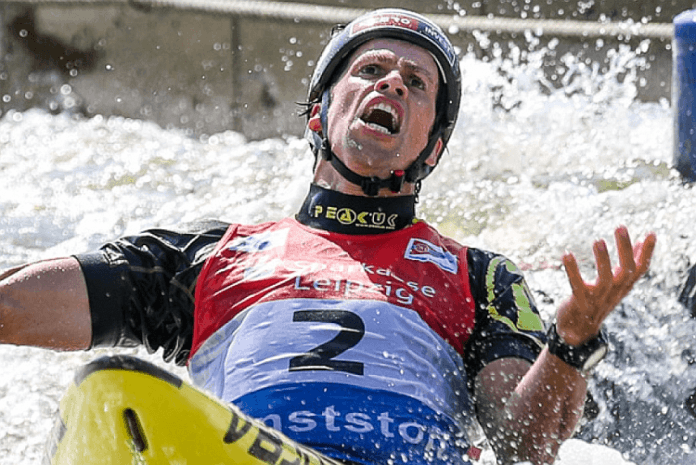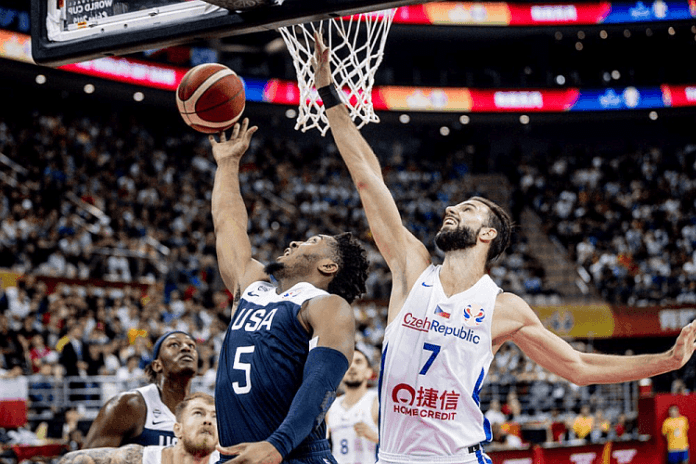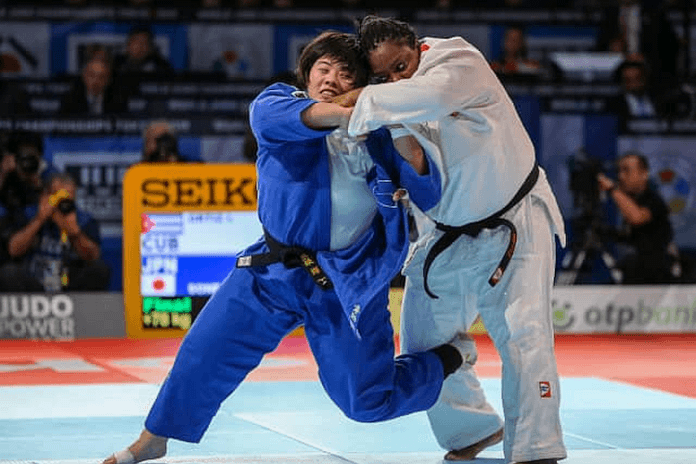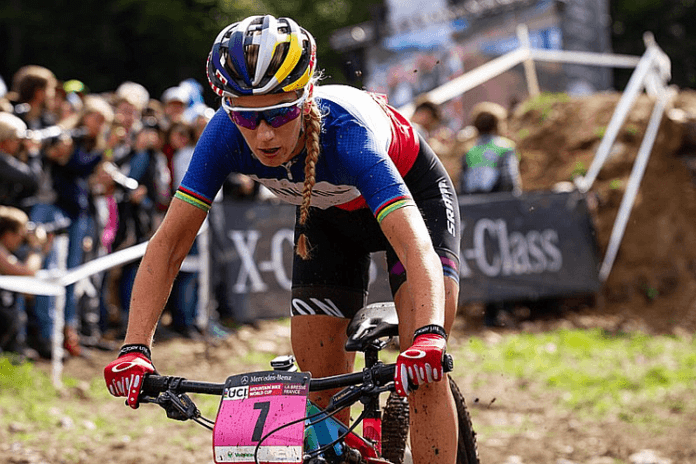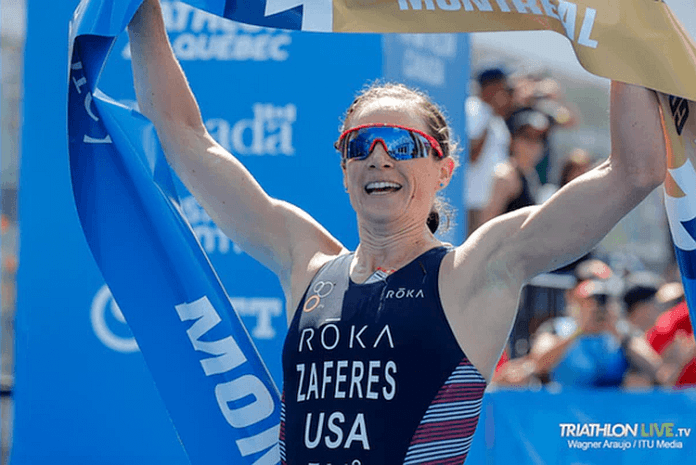≡ TSX DAILY ~ 2 September 2019 ≡
| 1. | LANE ONE: Iran’s policy vs. Israel costs it a World Champion as Mollaei heads to Germany
Far from being a refuge from society, sport reflects it. On the local, national and international level, sporting events demonstrate culture, interests and values in both the competitors and fans. For the Islamic Republic of Iran, nothing is more important that its 40-year campaign of hate against the state of Israel.
That became a central force in the amazing drama at the World Judo Championships taking place in Tokyo, Japan, the site of the 2020 Olympic Games. Iran had sent small delegations of four jukoda to the 2017 Worlds and three last year, but sent only one in 2019: 81 kg World Champion Saeid Mollaei.
He was seeded first, just ahead of rising star Sagi Muki of Israel. And as the tournament progressed, it became clear that the two were headed for a meeting in the championship final.
The International Judo Federation had been pressuring Iran to stop its recurrent pattern of having its judoka either forfeit their matches against Israeli opponents, or worse, lose matches so that they would not face an Israeli. In May, a letter from the national judo federation in Iran and the country’s National Olympic Committee committed to respecting the non-discrimination requirements of the IJF and the International Olympic Committee. When news reports that Iran’s policy had not changed appeared in July, the IJF re-posted the letter on its Web site.
At the Worlds, Mollaei was in fact pressured to withdraw from the tournament, but refused. He lost in the semifinals to Matthias Casse of Belgium, with a much more lethargic performance that he normally shows and then lost his bronze-medal match and did not have to stand on the awards podium with Muki – who won the world title – and be present for the raising of the Israeli flag and the playing of its national anthem.
Rumors flew and the head of the Israeli Judo Association told an Israeli radio station that the team had heard of the pressure being applied to Mollaei and of threats to his family.
As the story came out, it became known that Mollaei had left Tokyo for Berlin, Germany and has apparently asked for asylum there. The head of the IJF, Austrian Marius Vizer – who had been pressuring Iran to comply with the IJF and IOC requirements on non-discrimination – met with Mollaei during the competition and promised to find a path for him to compete in the 2020 Games as a refugee rather than as an entry from Iran.
We have the full background, more details and link to an astonishing video interview (with English sub-titles) posted by the IJF here. Vizer has promised an “emergency meeting” of the IJF Executive Committee this week to determine all of the facts of the case and then what to do about Iran’s status as a member of the IJF.
This impacts the IOC and other international federations as well, and early tests of the impact of what happened in Tokyo and Tehran will play out later this month. At present, all 206 of the National Olympic Committee around the world are in proper standing with the IOC; how long will that remain the case?
| 2. | BASKETBALL: Favorites prevail in the first round of FIBA World Cup games in China
All 32 teams were in action over the first two days of the FIBA World Cup in China, with all of the favored teams prevailing in their games.
The United States team used a 15-4 spurt to start the second quarter to break open a close game with the Czech Republic on the way to a 88-67 victory in Shanghai. Donovan Mitchell led the U.S. with 16 points, followed by Harrison Barnes with 14 and Kemba Walker (pictured) with 13. The U.S. shot 49.3% from the floor to 40.6% for the Czechs and had a 40-38 rebounding edge.
The expected top teams had little trouble in their debuts:
● Serbia 105, Angola 59, with Bogdan Bogdanovic scoring 24 points;
● Spain 101, Tunisia 62, as Ricky Rubio scored 17 for the winners;
● Australia 108, Canada 92, with Matthew Dellevedova leading Australia with 24;
● Greece 85, Montenegro 60, as Georgios Printezis led the Greeks with 16 points; Giannis Antetokounmpo scored 10 points and grabbed eight rebounds in just 16 minutes.
The top scorers in the first round of games were Jordan’s 6-11 center Ahmad Al-Dwairi with 34 points, and guard David Huertas of Puerto Rico had 32. Scores and more here. The U.S. plays Turkey – a winner over Japan, 86-67 – next on 3 September.
| 3. | CYCLING: Crazy first week for La Vuelta, and world XCO titles for Schurter and Ferrand Prevot
The last of the Grand Tour for 2019, the 74th La Vuelta a Espana, finished its first week of racing with its fifth lead change in as many days, finally ending with 2016 winner Nairo Quintana (COL) wearing La Roja – the red jersey – of the race leader.
This year’s route is especially punishing and Sunday’s short stage (94.4 km) had the fourth uphill finish in the last five days. The sprinter’s stage on Saturday ended with a victory in the rain for Germany’s Niklas Arndt, with the main contenders finishing more than nine minutes back and handing the race lead to unheralded Nicolas Edet of France.
That wasn’t going to last long, as the race favorites like Quintana, Primoz Roglic (SLO), Alejandro Valverde (ESP) and Miguel Angel Lopez (COL) battled at or near the front of the pack on the five climbs of Sunday’s stage. Eventually, Slovenia’s Tadej Pogacar (pictured) sprinted away from the field near the end of the final climb and won the stage. But Quintana, Roglic and Valderde were within 48 seconds of the lead and are back at the front of the race.
Monday is a rest day, with a time trial – at which Roglic is superb – on Tuesday. Quintana has the lead by a slim six seconds over Roglic, 17 over Lopez and 20 over Valverde. More coverage here.
At the UCI World Mountain Bike Championships in Mont-Sainte-Anne, Quebec, Canada, the amazing Nino Schurter of Switzerland won his fourth consecutive world title and seventh of his career. He took control of the race on the fifth lap and sprinted away from fellow Swiss Mathias Flueckiger, 1:27:05-1:27:35.
France’s Pauline Ferrand Pervot, who famously once held the world titles – simultaneously – in road cycling, mountain bike cross country and cyclo-cross in the 2014-15 time frame, won her fourth individual title in the women’s Cross Country Olympic (XCO) division. She also broke open her race on the fifth lap and finished with a 1:28:51-1:29:34 lead over 2017 World Champion Jolanda Neff, with Rebecca McConnell third. Defending champ Kate Courtney of the U.S. finished fifth. More here.
| 4. | JUDO: Japan won the most medals, but France made a big impression in Tokyo
While the drama surrounding the 81 kg division took the headlines (see Lane One above), the World Judo Championships was once again a showcase for the host nation of Japan.
As it has done each and every time at the combined World Championships – stretching back to 1987 – Japan led the medal table. This time, however, the Japanese won only four individual goals, with Joshiro Maruyama (men/66 kg),Shohei Ono (men/73 kg ~pictured), Uta Abe (women/52 kg) and Akira Sone (women/+78 kg) taking top honors. Ono won his third world title and Abe defended her 2018 crown, while Sone, 19, became the youngest World Champion in history!
France’s women were most impressive, winning three titles: Clarisse Agbegnenou won her fourth World Championships gold at 63 kg and Marie-Eve Gahie (70 kg) and Madeleine Malonga (70 kg) both won for the first time. Along with Abe and Agbegnenou, only Ukraine’s Daria Bilodid (48 kg) also repeated as champion from 2018. More here.
| 5. | ROWING: Highly competitive World Champs see nine new gold medalists for 2019
It was a tough week for the reigning gold medalists at the World Rowing Championships in Linz-Ottensheim, Austria, as only three of the 12 open-weight classes saw successful title defenses.
Two were in the men’s division, with Czech brothers Martin and Valent Sinkovic winning their second Pairs title in a row, as did Germany in the men’s eights. Among the women, the only defender to win was Ireland’s Sanita Puspure in the Single Sculls.
New Zealand led all countries with three wins in the open-weight events, including two double gold medalists. The duo of Grace Pendergast and Kerri Gowler won their second world title (also in 2017) in Pairs and then added an additional gold as members of the winning women’s Eights. Kiwis Brooke Donoghue and Olivia Loe won in Double Sculls; they had also done so in 2017.
The 2019 Worlds was the largest qualifying event for the 2020 Olympic Games and Great Britain and the Netherlands both earned 10 entries out of the 14 available classes. New Zealand qualified nine and Australia and the U.S. had eight qualifiers. More here.
| 6. | TRIATHLON: World titles for Zaferes and Luis in ITU World Series Grand Final in Lausanne
American Katie Zaferes lost the 2018 ITU World Series title on the final day of the season last year and even though she only had to finish 12th or better to secure victory in 2019, she was taking no chances.
So when she got out of the water in seventh place, she was unfazed. She rode smoothly and caught the leaders at the end of the 40 km route and if she’s close on the run, she’s going to win. She wore down her competitors and with 200 m to go, sprinted ahead of Britain’s Jessica Learmonth – also second in the seasonal standings – and earned her first World Series seasonal title with an emphatic race victory, her fifth of the season.
“I don’t even know if its hit me yet, I had a lot of emotions and doubts coming in to this race but I’m just really happy right now,” said Zaferes.
The men’s race was tighter and France’s Vincent Luis – also seeking his first seasonal title – had to finish fifth or higher. Chasing him was three-time defending champion Mario Mola of Spain, who also knew exactly what he had to do to win.
They were both part of a large group that started the run phase essentially together and when Norway’s Kristian Blummenfelt made a strong move for the lead with 8 km left, Mola and Luis followed. Mola finally broke Luis, but the Frenchman was counting the places and despite being passed by two more runners, finished fifth and also won his first World Series crown. More here.
| 7. | ATHLETICS: Wow! ISTAF Berlin draws 40,500 with good marks in the 78th edition
Track & field is still strong in Germany as a sensational crowd of 40,500 attended Sunday’s 78th Internationales StadionFest in Berlin’s Olympiastadion, better known as “ISTAF.” How can this meet – among the world’s elite for decades – be kept out of the Diamond League?
With the emergence of German Gesa Krause as a world-class steeplechaser, the rarely-seen 2,000 m Steeplechase was set up and she obliged with a world-best time of 5:52.80, well ahead of the 6:02.16 by Virginia Nganga (KEN) at ISTAF in 2015. Despite windy and sometimes rainy conditions, there were a host of other good marks, noteworthy ahead of the World Championships in Qatar at the end of the month:
● Men/100 m: Andre DeGrasse (CAN) won over Akani Simbine (RSA), 9.97-9.99;
● Men/110 m hurdles: Omar McLeod (JAM) won in a season’s best of 13.07;
● Men/Pole Vault: Sweden’s Mondo Duplantis managed a win over American Sam Kendricks, with both clearing 5.80 m (19-0 1/4) in the difficult conditions;
● Women/100 m: Poland’s Ewa Swoboda ran an encouraging 11.07 to beat Asha Philip (GBR: 11.10);
● Women/100 m hurdles: Tobi Amusan (NGR) ran 12.51 to beat Americans Christina Clemons (2nd: 12.69) and Nia Ali (4th: 12.76);
● Women/Long Jump: Germany Malaika Mihambo confirmed her favorite’s status with a win at 6.99 m (22-11 1/4).
More details from the IAAF here.
Jamaica’s double World Junior sprint champ Briana Williams tested positive for a banned diuretic and is asking for an expedited hearing on the matter in hopes of receiving only a warning and not a suspension.
Her representative, Canadian attorney Emir Crowne, told RJR Sports that the substance was found in the over-the-counter medication Pharma Cold and Flu, was not disclosed on the ingredients list and which was declared on her doping control form.
Said Crowne, “I can confirm that we have done an independent test on an over-the-counter cold medication that the athlete took and the independent test confirmed the presence of a diuretic and the diuretic was not listed among the ingredients in that cold medicine that the athlete took.”
Williams had qualified to be part of the Jamaican team at the IAAF World Championships; the Jamaican federation is expected to name its team on 6 September.
| 8. | SCOREBOARD: Averinas dominate Rhythmic World Challenge Cup; three double winners in Sailing
A busy weekend around the world included:
● Canoe-Kayak: The fourth World slalom Cup saw a rebound for veterans, starting with Alexander Slafkovsky (SVK), who won his first World Cup race since 2016 in the men’s C-1. Czech Vit Prindis won the men’s K-1 and Nuria Vilarrubla (ESP) took the women’s C-1, both scoring their first World Cup wins since 2017. More here.
● Rhythmic Gymnastics: The FIG World Challenge Cup in Kazan (RUS) was dominated by the Averina sisters, who went 1-2 in all five individual events, with Dina winning four and Arina winning in Hoop. More here.
● Sailing: The back-to-back Tokyo 2020 test event and World Sailing World Cup regatta at Enoshima Bay was a unique test of endurance and skill and three entries passed with perfect results after winning both: Mat Belcher and Will Ryan (NZL) in the men’s 470 class; China’s Yunxiu Lu in women’s RS:X and Belgium’s Emma Plaeschaert in women’s Laser Radial. Count all three as early favorites for 2020. More here.








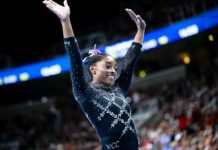









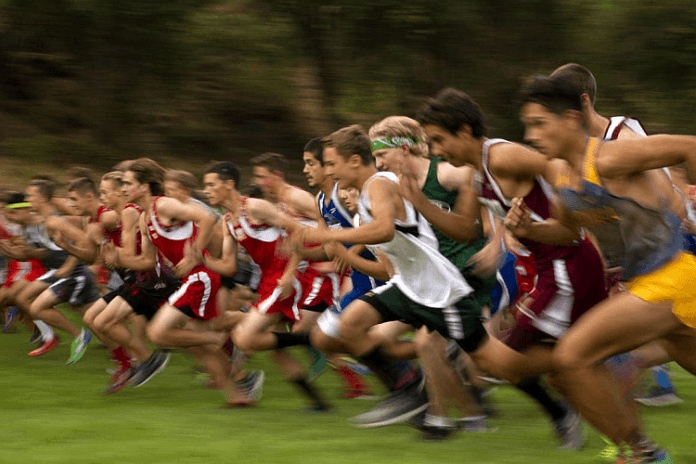
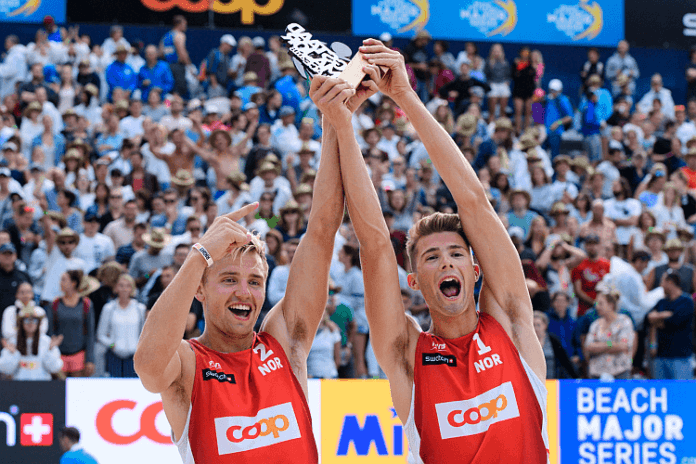
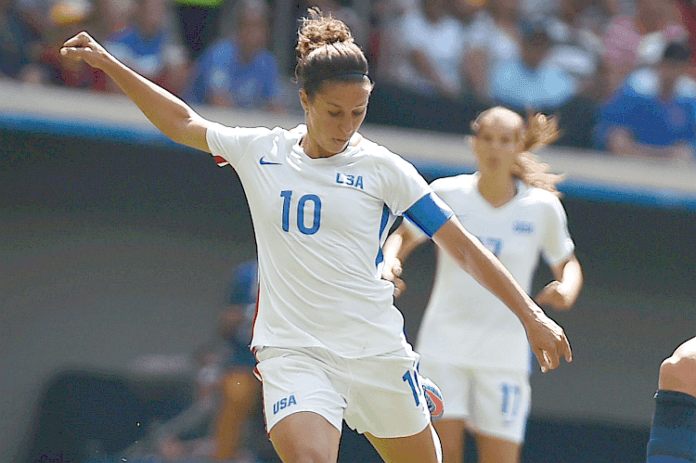

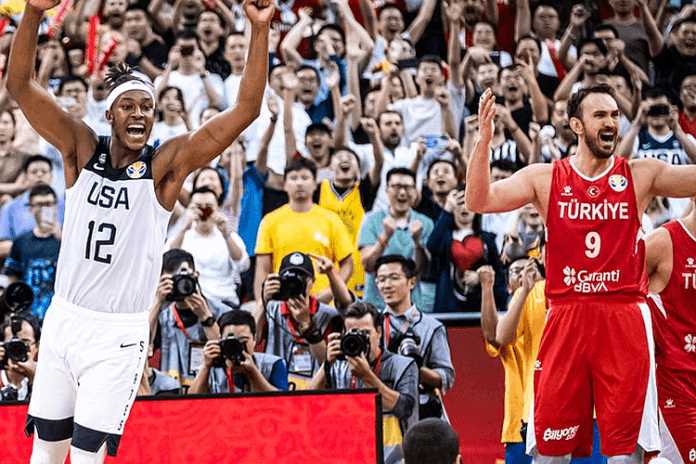
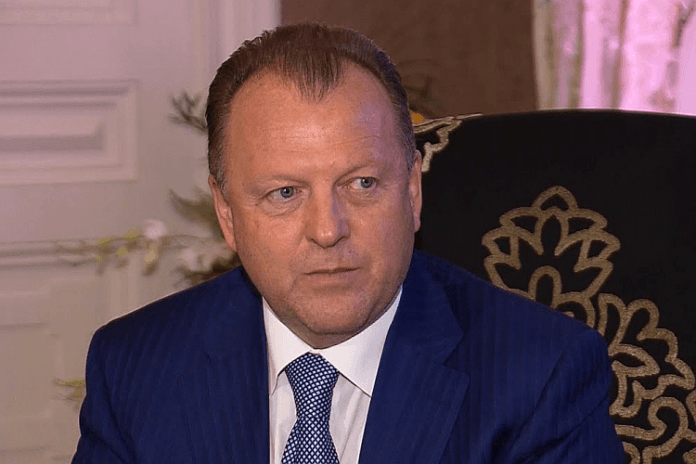
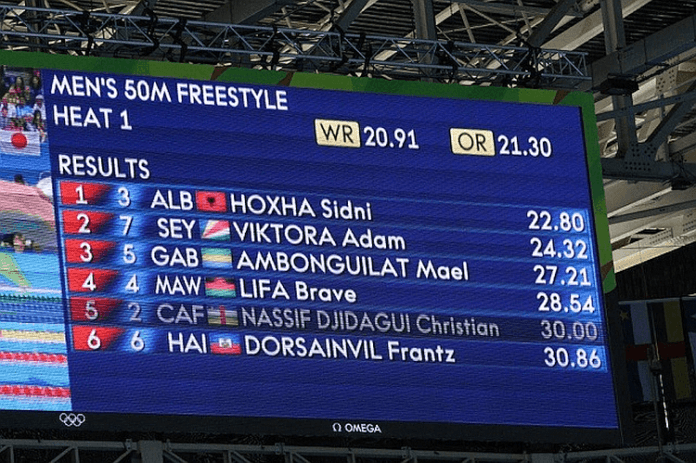
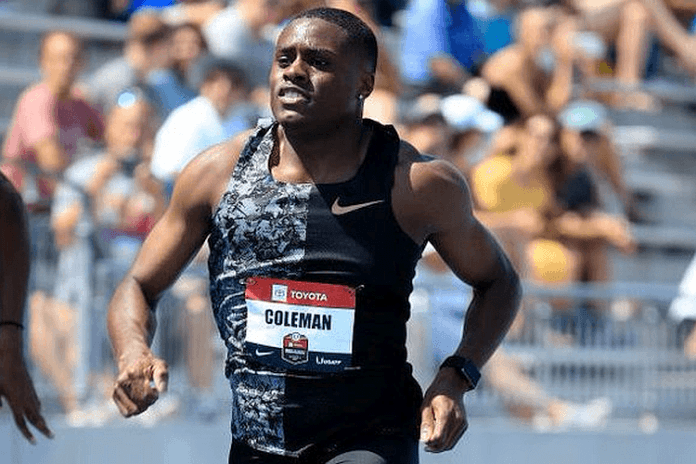
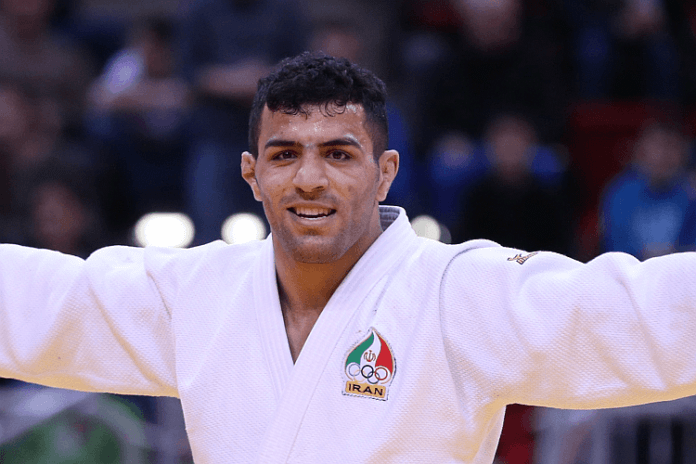
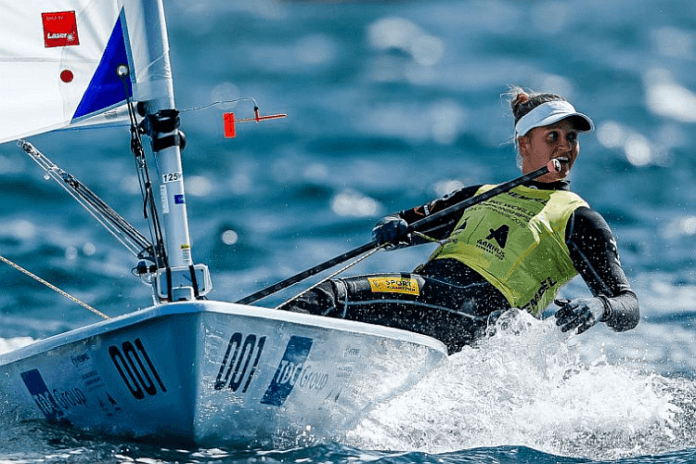
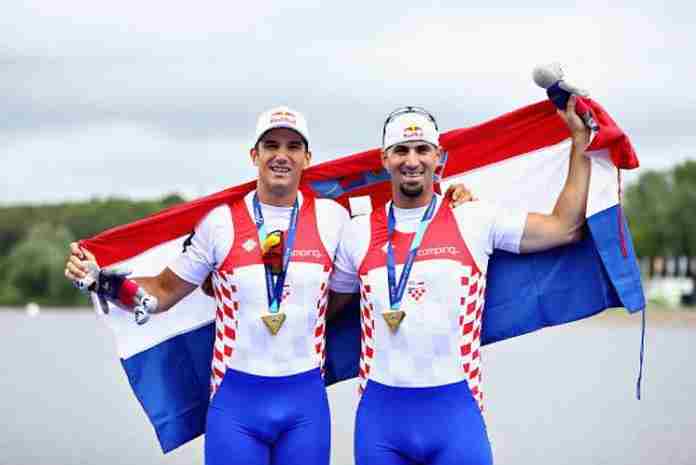
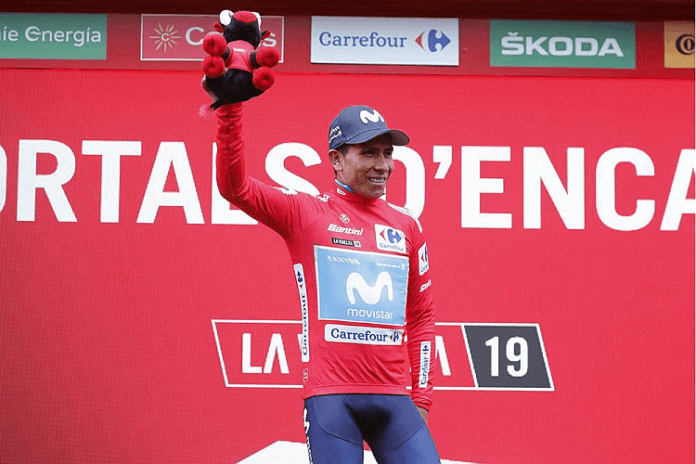
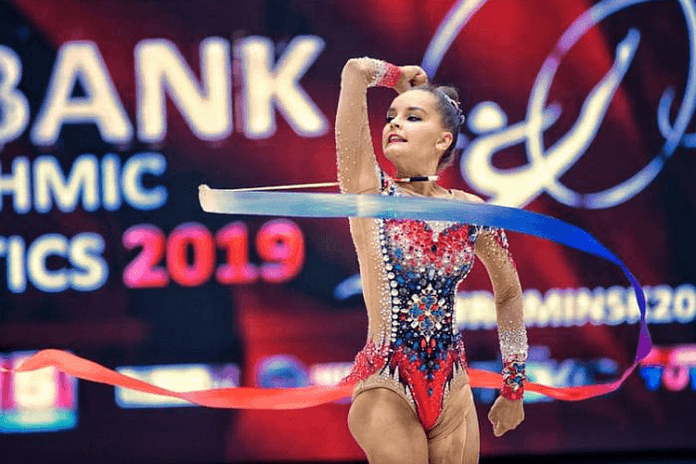
 If this story was offered as a movie concept, it would be rejected as too wild, too fanciful to be believed. But truth is stranger than fiction. Follow along the sad and almost unbelievable path that has led an Iranian World Judo Champion to ask for asylum in Germany.
If this story was offered as a movie concept, it would be rejected as too wild, too fanciful to be believed. But truth is stranger than fiction. Follow along the sad and almost unbelievable path that has led an Iranian World Judo Champion to ask for asylum in Germany.